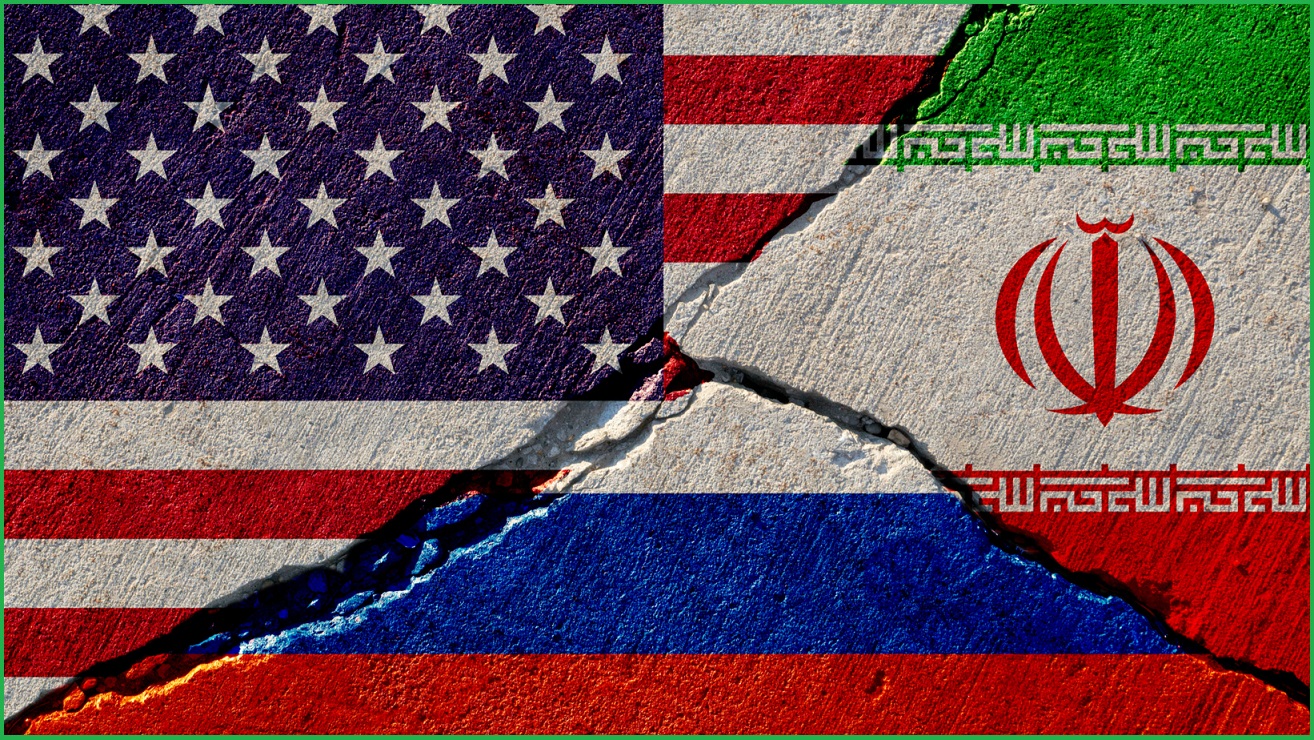Facebook has discovered “highly sophisticated” attempts to interfere with the 2020 US presidential election originating from Russia and Iran.
The social media giant revealed it had thwarted the attempts and removed hundreds of Facebook and Instagram accounts associated with the “coordinated inauthentic behaviour”.
The company also unveiled a series of new measures to protect next year’s US elections, including clearly labelling posts by state-controlled media and a new service to protect the accounts of candidates and elected officials.
Facebook founder and CEO Mark Zuckerberg said the campaigns identified were “highly sophisticated” and “signal that these nation-states intend to be active in the upcoming elections”.
“We continue to see their tactics evolving. We do see today Russia and Iran and China increasingly with more sophisticated tactics are trying to interfere in elections,” Zuckerberg said.
“But part of why I’m confident going into 2020 is that we’ve played a role in defending against interference in every major election around the world since 2016. That we’ve been able to proactively identify them and take them down is somewhat of a signal that our systems are much more advanced now than they have been in the past.”
In a Facebook blog post, head of cybersecurity policy Nathaniel Gleicher confirmed the company had removed four separate networks of accounts, pages and groups on Facebook and Instagram that had been found to be engaging in “coordinated inauthentic behaviour”.
One network included 93 accounts, 17 pages and four Instagram accounts originating from Iran that primarily focused on the US, as well as some French-speaking audiences in North Africa.
The individuals behind the accounts used compromised and fake accounts to “masquerade as locals, manage their pages, join groups and drive people to off-platform domains”.
These accounts, which were followed by nearly 8,000 people, posted mostly about local political news and geopolitics, including about political figures, the support of Palestine and the conflict in Yemen.
Another one of the networks was made up of 50 Instagram accounts originating from Russia, focusing on the US. This network had “some links to the Internet Research Agency” and had “all the hallmarks of a well-resourced operation that took consistent operational security steps to conceal their identity and location”.
These accounts had more than 245,000 followers, with 60 percent from the US, and regularly posted about the environment, racial tensions and LGBTQI issues.
To accompany the announcement, Facebook also launched a number of new measures aimed at protecting the US 2020 election.
In a blog post, the company said it had made “significant investments since 2016” to better identify new threats, close vulnerabilities and reduce the spread of viral misinformation.
The social media giant will now be labelling media outlets that are “wholly or partially under the editorial control of their government as state-controlled media”. This will be labelled on the media outlet’s page and in the ad library.
“We will hold these pages to a higher standard of transparency because they combine the opinion-making influence of a media organisations with the strategic backing of a state,” the blog post said.
The company will be making the distinction between state-controlled media and public media, meaning that outlets such as the ABC in Australia won’t be flagged.
The list of state-controlled media outlets on Facebook will be updated on a rolling basis from November, and in early 2020 the company will start to label specific posts and expand the program to Instagram as well.
The tech titan has also launched Facebook Protect, a new service for the accounts of elected officials, candidates and their staff. The administrators of these pages can enrol their organisations in the program, and invite members to participate.
It will involve them being required to turn on two-factor authentication, and the accounts will then be actively monitored for hacking attempts.
Political ads on the platform will also soon feature a new US presidential candidate spend tracker, showing how much the candidate has spent on advertising on Facebook.
The company will also be making its third-party fact checking more prominent so that “people can better decide for themselves what to read, trust and share”.
Facebook has been widely criticised for allowing political ads with clear misinformation to remain on the platform. Zuckerberg doubled down on this policy in a significant speech last week, committing to “free expression” and warning against “potentially cracking down too much”.










